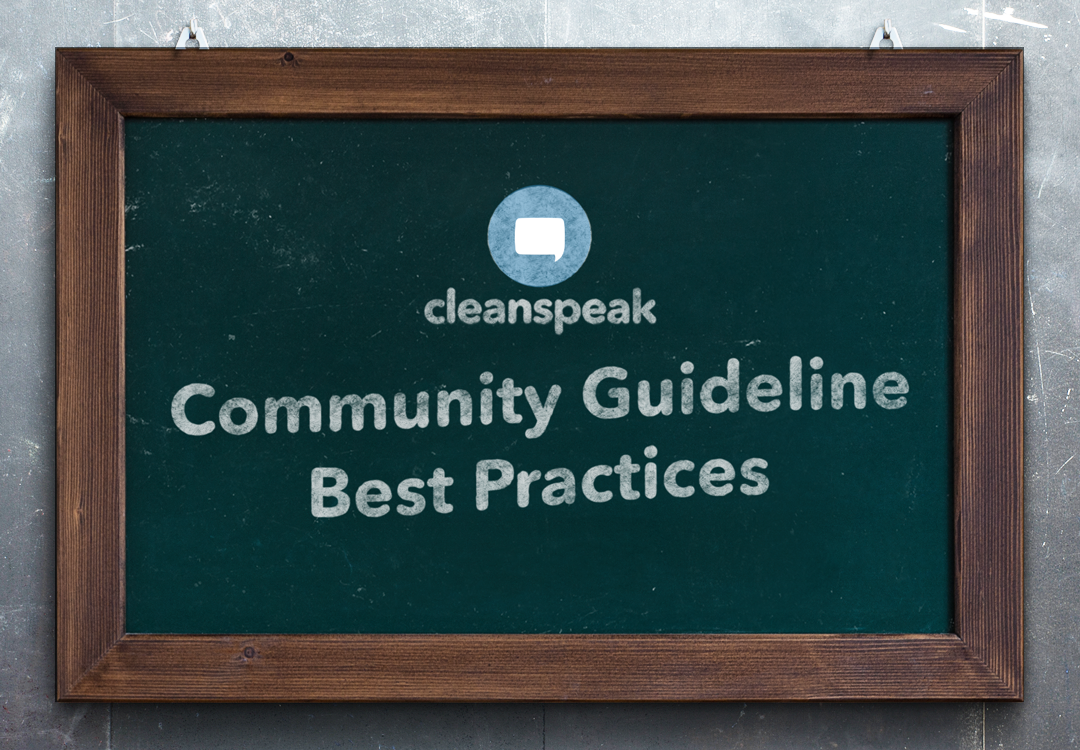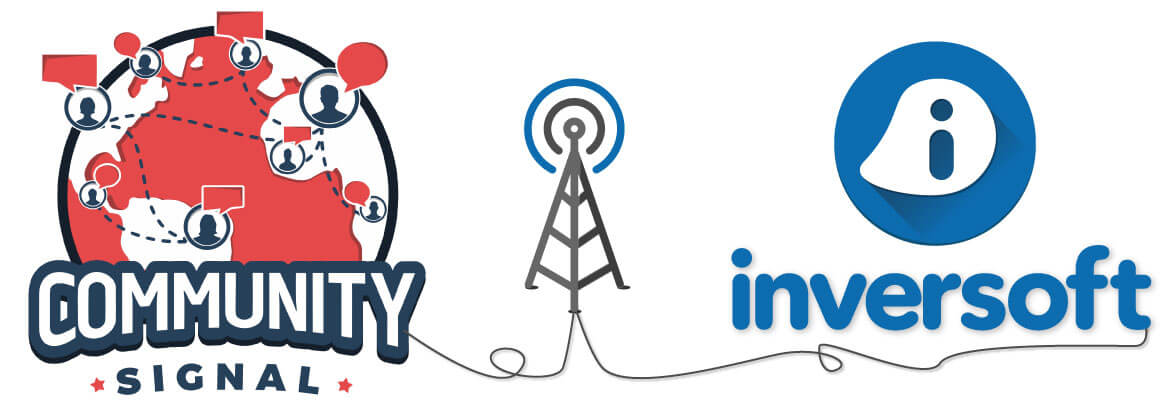
Community guidelines are the rules of the road on how to behave. Your community guidelines will help mold your community to your vision, and in turn promote a healthy discourse as well as user retention and growth.
Continue reading →

These profanity filtering and content moderation best practices include key platform requirements and essential tools for enterprise-scale advanced filtering systems.
Continue reading →

You may have heard of user-generated content (UGC) before, but what does it actually mean? UGC refers to any type of media produced by users rather than the company that owns or operates the platform where the media gets shared. Examples include YouTube or Facebook. Content such as photos, videos, comments, and product reviews are all examples of UGC.
Continue reading →

Podcast
A healthy and engaged online community is critical to a company’s success. This is a hot topic amongst CMGRs and top industry influentials and while most people can agree on the importance of a branded online community not all agree on the path to achieving this safe environment.
If you have an active online community, you already know that not every user is a good user. Trolls, bullies and URL spam inherently present problems and there will be consequences if you simply ignore the issue.
Continue reading →

Recently, I was working with a customer that had a URL slip through CleanSpeak’s URL filter. The URL looked something like this:
LameCasinoSite。com
The trick this user employed to get around our URL filter was using the Unicode character “ 。”(code point 0x3002 or UTF-8 0xE38082). This character looks like a period but wasn’t in the list of valid URL separators that CleanSpeak handles.
My initial thought was to simply add the character to the list. That required me to look up the Unicode code point for it first. I then realized that there were a ton of other characters that also looked like periods. In order to properly handle this, I’d need to add all of them to the list. I also noticed that there were numerous other characters someone could use to trick the URL filter like arrows, pictures and symbols.
Continue reading →







